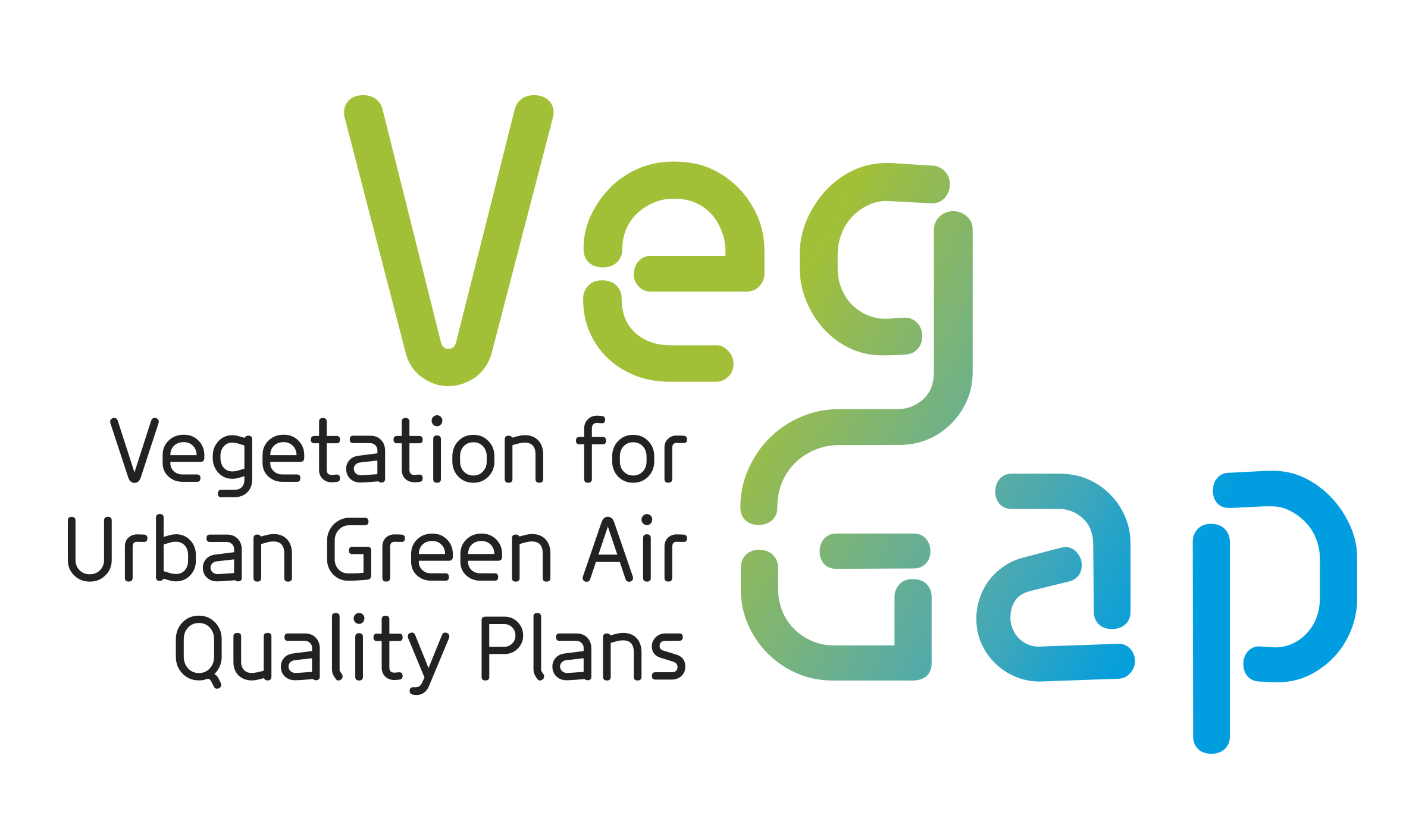The shared objective of the
VEG-GAP and SAPERE projects is to strengthen information flows
and planning tools, so that in the near future strategic European urban policies
at all levels of government will be increasingly knowledge-oriented.
As a matter of fact, VEG-GAP
with its models and simulations (i.e. the scientific results obtained on the
effects of vegetation in cities possible with the comparison of current and future
vegetation scenarios to evaluate nature-based solutions such as urban
forestation, greening of streets, creation of green roofs, etc.) aims to offer
a holistic approach to the development of a sustainable urban environment in
support of governance and policies for the integration of vegetation in Air
Quality Plans (AQPs) and for the reduction of anthropogenic emissions, and
SAPERE aims to define and develop innovative solutions based on the
exploitation of images captured by satellites and Unmanned Aerial Vehicle (UAV)
sensors providing information on the territory and infrastructure to support
the management of plans within the competence of the municipality.
In addition to having
similar aims, the two projects also share the target audiences of their final
impacts, as they are both oriented towards supporting both public
administrations and professionals called upon to collaborate with these public
bodies throughout the planning process of urban policies, from their
programming to their evaluation.
The participation of MEEO
S.r.l. in the workshop was a first proving ground for one of the major future
ambitions of the VEG-GAP project's information platform: that of becoming a
"compass" among the different methodologies and tools for the
assessment of the effects of vegetation on air quality and climate in cities
and for the collection of related data.
Among the main conclusions
of the workshops held in the spring of 2021 in the three pilot cities of
VEG-GAP (Bologna, Milan and Madrid) there was in fact an explicit recognition of
how in the continuation of the project, on the basis of these benchmarking
analyses, an indicator could be included among the products of the platform on
the opportunity to use VEG-GAP and with which outputs (e.g. modelling tools) in
cases where there are more performing solutions.
Specifically, this first
comparison between the two projects, which took place thanks to the workshop organised by Planetek with the City of Bari
on the subject of thermal zoning, could lead to concrete synergies and
cross-fertilization in the definition of processes for the drafting of new
Urban Plans: optimised, fast and low-cost thanks to the exploitation of
technological innovation.


